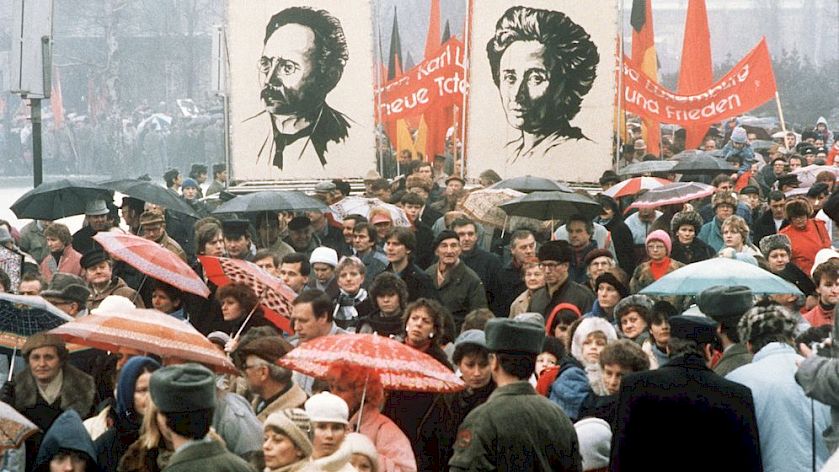What We're Reading This Week

Mahia Bashir, London School of Economics and Political Science
Paul Levi (Translated by David Fernbach), In Memory of Rosa Luxemburg and Karl Liebknecht, Verso Books
In this 1929 tract, Paul Levi recounts the blood-curdling murder of Rosa Luxemburg and Karl Liebknecht on 15th January 1919 in Weimar Germany and cautions against the popular memory of the Spartacus League as a Russian-sponsored band of looters and snipers.
Elif Shafak, The Alchemy of Angst, Project Syndicate
The bestselling author defines anger as the zeitgeist of our liquid times and underscores the need for transnational and global solidarities.
Malcolm Gaskill, "You Can Have it for a Penny," London Review of Books
Gaskill reviews Agent Sonya, Ben Macintyre’s biography of the enigmatic German-born Ursula Kuczynski, the most senior woman in Soviet military intelligence during the Second World War.
Mahdi Chowdhury, Harvard University
Seema Chishti, “History writing is fixated on the trope of archival discovery: Author and historian Faisal Devji,” The Indian Express
An interview with the historian Faisal Devji with points about war as an unexpected instrument of diplomacy, how minorities who “pose no existential threat” are more vulnerable to being out-written, and contemporary history-writing’s “fixation on the trope of archival discovery.”
Nils Gilman and Achille Mbembe, “How To Develop A Planetary Consciousness,” Noema
Drawn from an “African pre-colonial archive,” this discussion with Achille Mbembe engages with his ideas of the “planetary.” In his view, a planetary politics is one based in the “entangled orders of physical, organic phenomena” and may be distinguished from state based internationalities like the United Nations.
John Merrick, “Errant History,” Sidecar (New Left Review)
A biographical and introductory piece on the writer, Hamid Ismailov. It explores his literary work but also touches on Uzbek literature before and after the Khrushchev thaw, the form of the “historical novel,” and Central Asia as a region “mired in an endless cycle of imperial intrigue and domestic repression” in Ismailov’s novels.